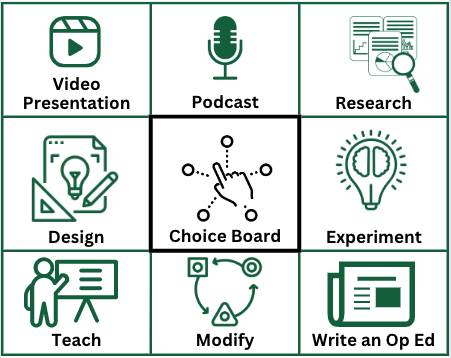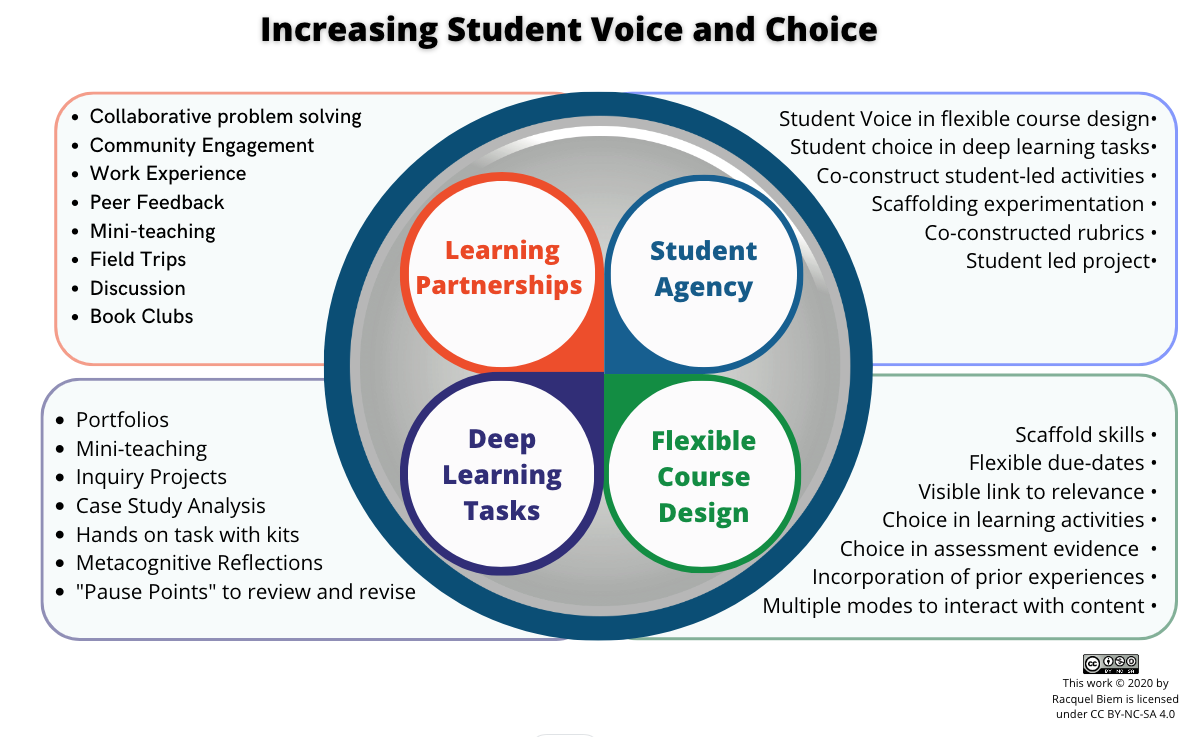Featured Instructor : Colleen Bell

Course Innovation Community CIC 2019
Colleen Bell, Assistant Professor
Faculty Member in Political Studies
Colleen teaches International Studies 110, Global Studies, to a class of over 80 students. By participating in CIC, Colleen was able to gather new ideas on structuring student debates, improve her use of rubrics, and better able to select and sequence the content necessary to engage students (which sometimes felt like a sacrifice!). She used some of her CIC funding to support grading and coaching and another part to have a team-based competition in class. The competition motivated students to watch and evaluate videos made by their classmates.

Colleen’s concerns with large class teaching were that students at the back of the room often feel less connected and that class sizes were determined by factors outside her control – and beyond sound pedagogy. Through the CIC experience, she was able to get helpful ideas such as how to structure large class debates by watching a colleague’s class and she spent more time getting in touch with students outside of class time. In her own words, here are some practices she was able to implement:
- I created rubrics and posted them in advance of assignment deadlines
- I expanded my use of visual material and high profile events to explain and demonstrate concepts
- I used class time to discuss academic and life challenges
- I took significantly more time to explain assessments, and the learning benefits associated with them.
- I demonstrated the political significance of content.
- I positioned learners as researchers who could make discoveries
- I designed a debate for the largest class I have ever taught to deepen learning and apply ideas
- I took more time to gauge student understanding and talk it through
Colleen also took this opportunity to develop a first-year research experience (FYRE) where her students were exposed to the research cycle of questioning, investigating and disseminating findings. Students got to peer-review each other’s work and get formative feedback this way.
Through these changes, Colleen observed that students seemed to have a higher attendance level and that course evaluations were quite positive. By changing some of these small practices, students were more comfortable approaching Colleen for help outside of class time and she felt that this student rapport improved their learning.
Overall in the CIC 2019 cohort, Colleen met her goals to build connections with students, build foundational academic skills, improve attendance and enthusiasm, motivate students to collaborate productively, and most critically, develop the political consciousness and agency of students.


